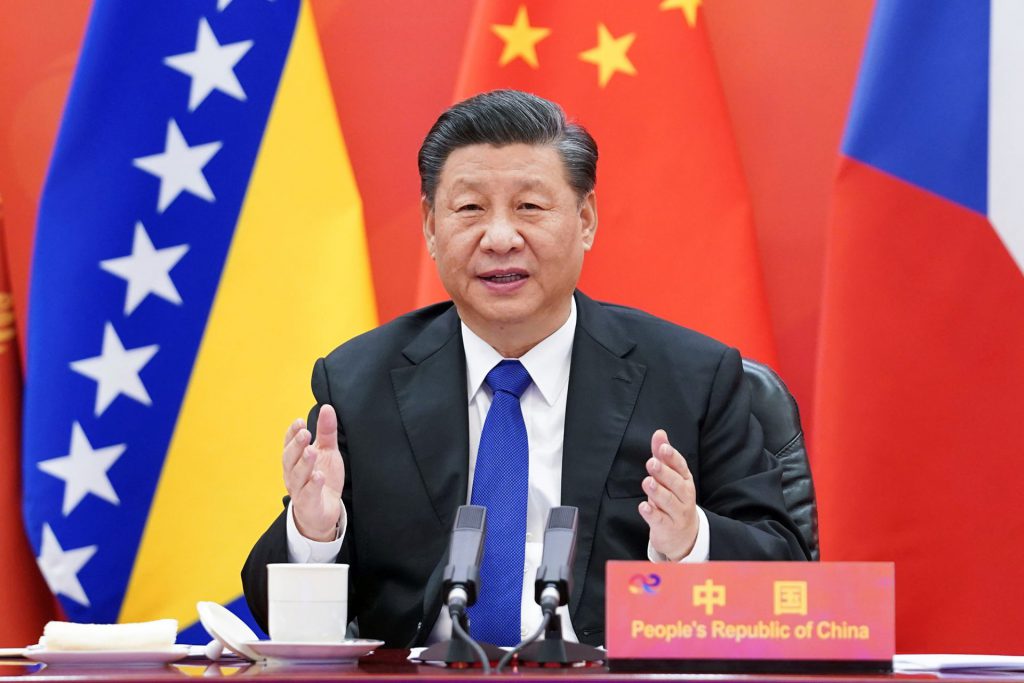China’s real estate sector is facing a crisis as the number of vacant properties is skyrocketing. Unsold inventories are piling up leading to developers facing losses or filing for bankruptcy. The first crisis hit when China’s largest real estate firm Evergrande was ordered to liquidate $300 billion in assets by a Hong Kong court.
Also Read: 10 ASEAN Countries To Ditch the U.S. Dollar
Chinese households are increasingly looking to purchase homes from the secondary market rather than buying new apartments. The sales for real estate firms in China are nosediving and the situation is being reflected in the stock market. In Monday’s trading alone, stocks in China’s real estate sector dipped 3.2% leading to dissatisfaction among investors in the markets.
Also Read: U.S. Stock Market Has Dominated the World For 120 Years
China Injects $42 Billion To Save the Failing Real Estate Sector


The pull the real estate sector out of the slumber, the Chinese government announced a support package of 300 billion yuan, equivalent to $42 billion. The funding comes from the People’s Bank of China (PBOC) and state-run companies will buy up unsold housing inventories.
Also Read: Asian Hedge Funds Are Massively Accumulating the U.S. Dollar
However, economists have expressed concerns over the idea as the PBOC funds don’t meet the overall unsold housing inventories. Economists have also cautioned that the funds stand at a risk of not being fully implemented across the country. If the funds are not implemented as planned, China’s real estate sector will be further hit.
“Any game-changing housing easing measures (including those for housing destocking) would likely require significantly more funding than available thus far,” said Goldman Sachs economist Lisheng Wang.
Also Read: Chinese Yuan Climbs 14.70% Against the US Dollar Since 2005
Serena Zhou, China’s senior economist at Mizuho Securities Asia said that the funding will fall short after being implemented. “The impact of this policy will be bounded by banks’ squeezed interest rate margins,” she said. “The new policies may stimulate property sales for a couple of months. But I doubt it is sufficient to reverse the tide,” said Houze Song, an economist at the Paulson Institute.





